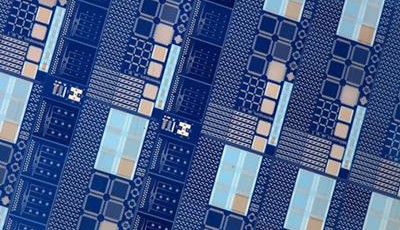Will memristors make the artificial brain possible?
November 03, 2016
on
on

A long standing dream of scientists is to build an artificial brain. However, a system capable of mimicking the (human) brain would require a mind-boggling quantity of artificial synapses, the “connectors” that pass signals between neurons and nerve cells.
Although it may be possible to build such a synapse with today’s electronics, the power and size required for billions, or even trillions of these makes needed to make a functional brain render such a feat not only impractical (to say the least), but probably also impossible. What is needed is a new approach, using new technology.
Memristors, those funny resistors that memorize the amount of charge that last flew through them, may be the key to solve this problem. These devices can be made at nanoscale and require extremely low power to operate.
Using memristors as synapses, scientists at the University of Southampton have built an artificial neural network (ANN) capable of learning and re-learning, demonstrating that the technique is promising and may be the way to go forward.
Although it may be possible to build such a synapse with today’s electronics, the power and size required for billions, or even trillions of these makes needed to make a functional brain render such a feat not only impractical (to say the least), but probably also impossible. What is needed is a new approach, using new technology.
Memristors, those funny resistors that memorize the amount of charge that last flew through them, may be the key to solve this problem. These devices can be made at nanoscale and require extremely low power to operate.
Using memristors as synapses, scientists at the University of Southampton have built an artificial neural network (ANN) capable of learning and re-learning, demonstrating that the technique is promising and may be the way to go forward.
Read full article
Hide full article


Discussion (2 comments)